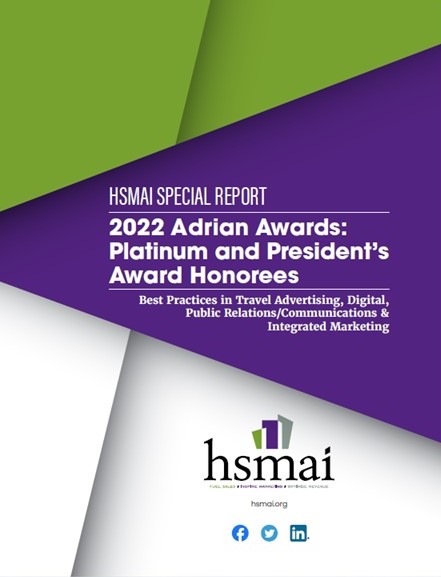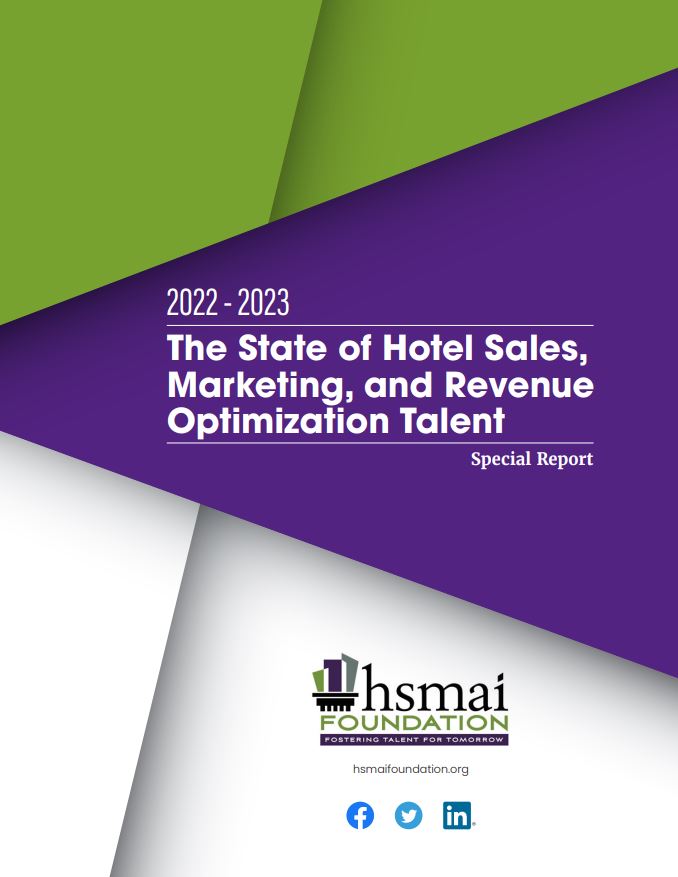2022 Adrian Awards: Platinum and President’s Award Honorees Special Report
In a year that started heavily impacted by the pandemic, destination travel marketing became more prevalent, especially highlighting the ecotourism trend of sustainable and responsible travel. The focus area of recruitment brought us entries that pushed the envelope creatively. We were awed by multi-faceted campaigns with great integration of all platforms, from traditional channels to new and exciting ones like VR, TikTok, and Twitch. We found beautiful storytelling, high quality content, and skillful use of influencers to really engage with guests. Finally, many brands and destinations are focusing on inclusive travel. Winning entries in the diversity, equity, and inclusion focus area included engaging, thoughtful, and authentic storytelling.












